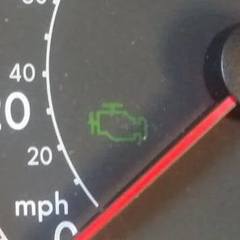Re-calibrating... - Europe's Galileo GPS system is down
-
Featured Topics
-
Topics
-
Gerowen ·
Posted in Networking0 -
aren332 ·
Posted in New Builds and Planning1 -
0
-
2
-
0
-
hanakoyuri ·
Posted in Networking1 -
Jonathan5675 ·
Posted in Troubleshooting1 -
Tufi ·
Posted in Laptops and Pre-Built Systems6 -
Newbietobe5467 ·
Posted in Cases and Mods4 -
2
-





















Create an account or sign in to comment
You need to be a member in order to leave a comment
Create an account
Sign up for a new account in our community. It's easy!
Register a new accountSign in
Already have an account? Sign in here.
Sign In Now